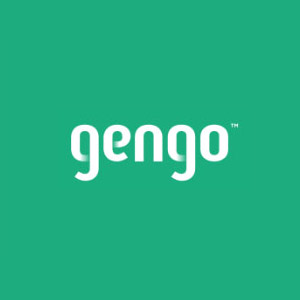Gengo, a translation service, raises $12 million


Tokyo, Japan and San Mateo, Calif.-based translation company Gengo announced this morning that it has raised $12 million from Intel Capital, Iris Capital, Atomico, Infocomm, NTT-IP and Saudi Telecom Ventures.
The five-year-old company plans to use the Series B funds to continue to expand its translation service globally, its goal from the beginning. (Note its diverse group of investors, across the U.S., Japan, Singapore and Middle East.) The company ended 2012 with support for 33 languages and 7,500 translators, and its database—well over 40 million words at this point—continues to grow.
Chief executive Robert Laing has modest hopes for the company:
Our ambition is to be the platform for global communication, so don't expect this growth to slow down anytime soon.
Well then.
The company already has enterprise support, namely in the form of translating product descriptions, user-generated content and on-demand, customer-initiated translations. If you're in the retail, technology and hospitality industries—really, anyone who sells anything to people overseas—Gengo's got your number. Or it at least hopes to.
As with any business built on the backs of people (tech publishing, ahem), the question is whether Gengo can scale profitably. It is, in its way, a crowd-sourcing platform, a concept that has seen great success as an online resource but more mixed results as a business model.
For now, the company is working to get technological hurdles out of the way: improving notifications, incentives and mobile device support. It's also working its business contacts to integrate with existing services, such as YouTube.
To conduct business in the 21st century is to do so globally; the problem is that we can't speak to each other. Several companies are working to crack this nut; we'll see who breaks through first.